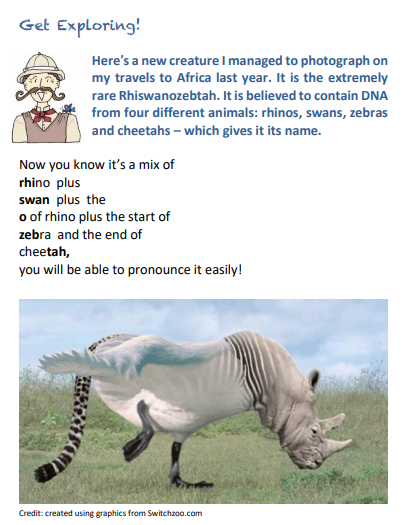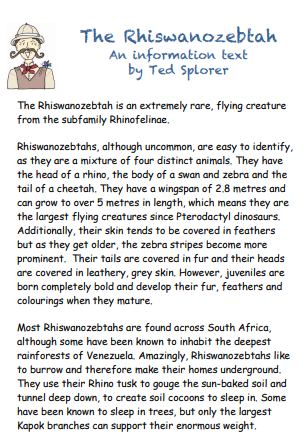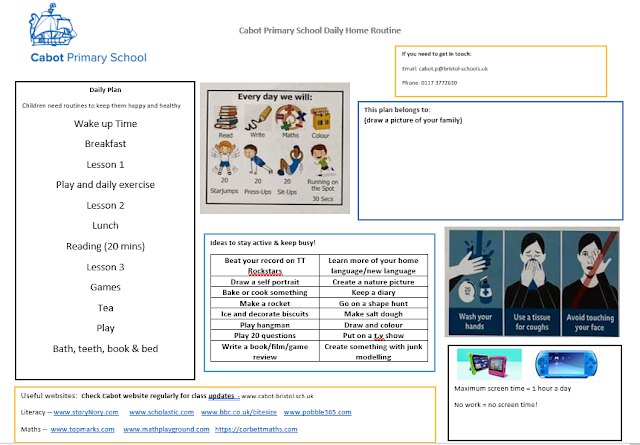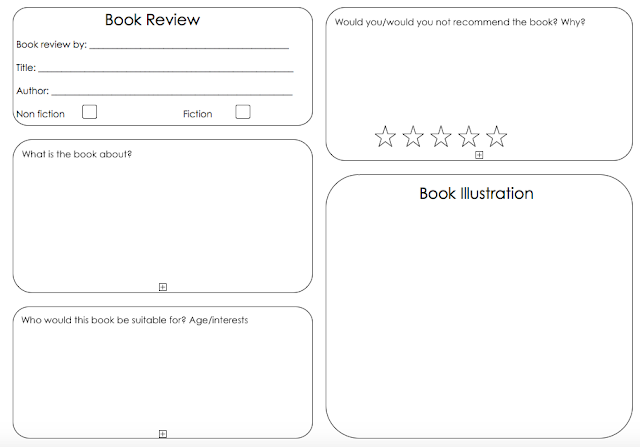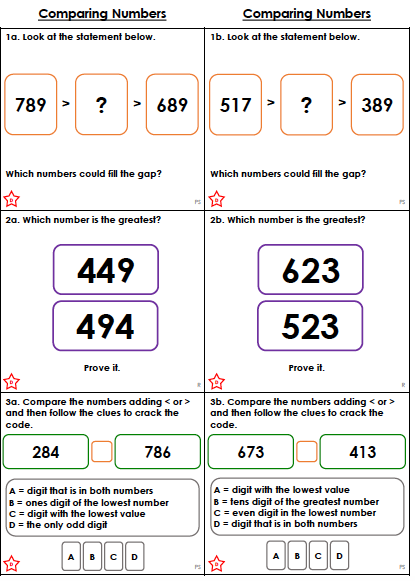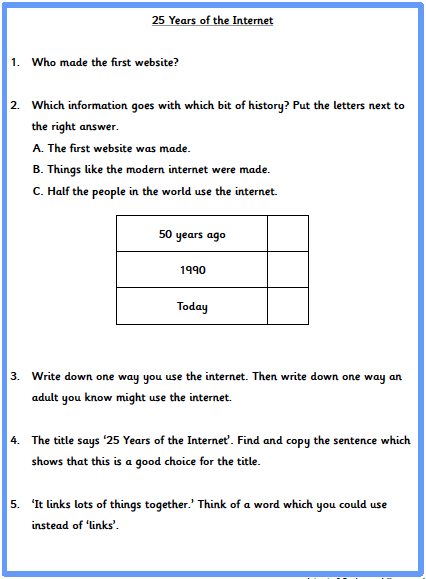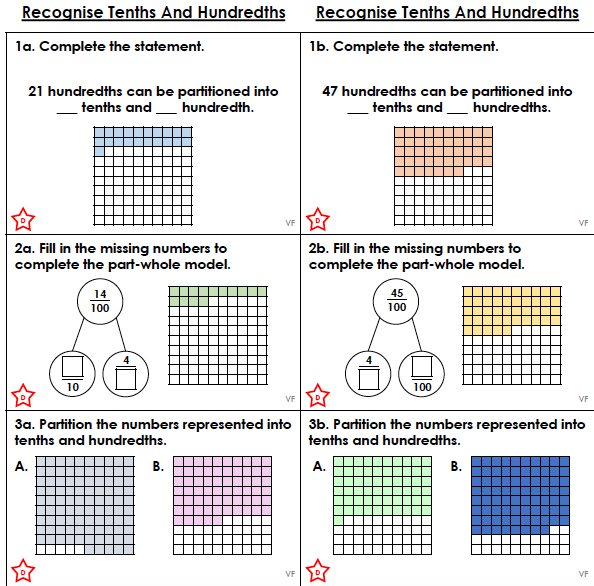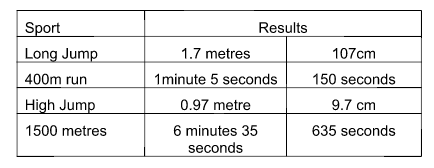It has been lovely speaking with you all on the phone and checking in to see how your learning is going. We have not been at school for a while and I am missing you all very much!
As we are going to be at home for a while longer, the teachers at Cabot are going to change the home learning on the blog slightly. Every week you should be completing at least:
Year 5 Weekly Learning:
- Daily maths lesson (5 lessons over the week)
- Daily literacy lesson (5 lessons over the week)
- Daily spelling and grammar lesson (5 lessons over the week)
- Weekly lessons in the other subjects
You should be logging into the blog as often as possible and completing some learning everyday. If you have difficulty getting onto a computer or phone everyday to check then write down or print some of the activities so you can work through a bit each day.
Miss Matthews
